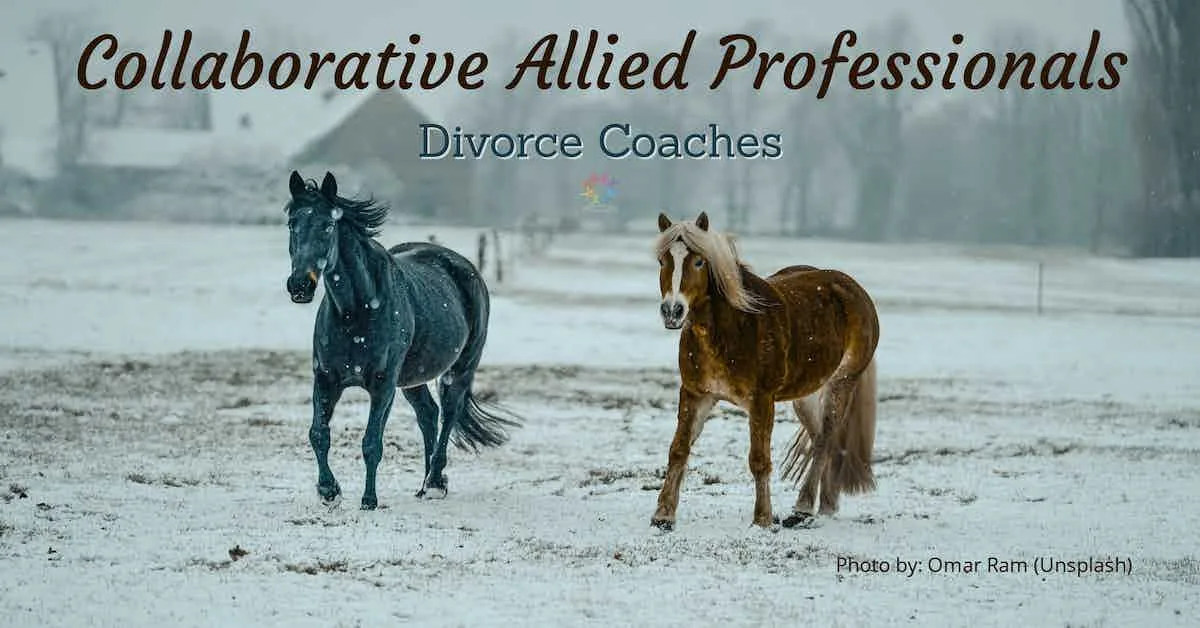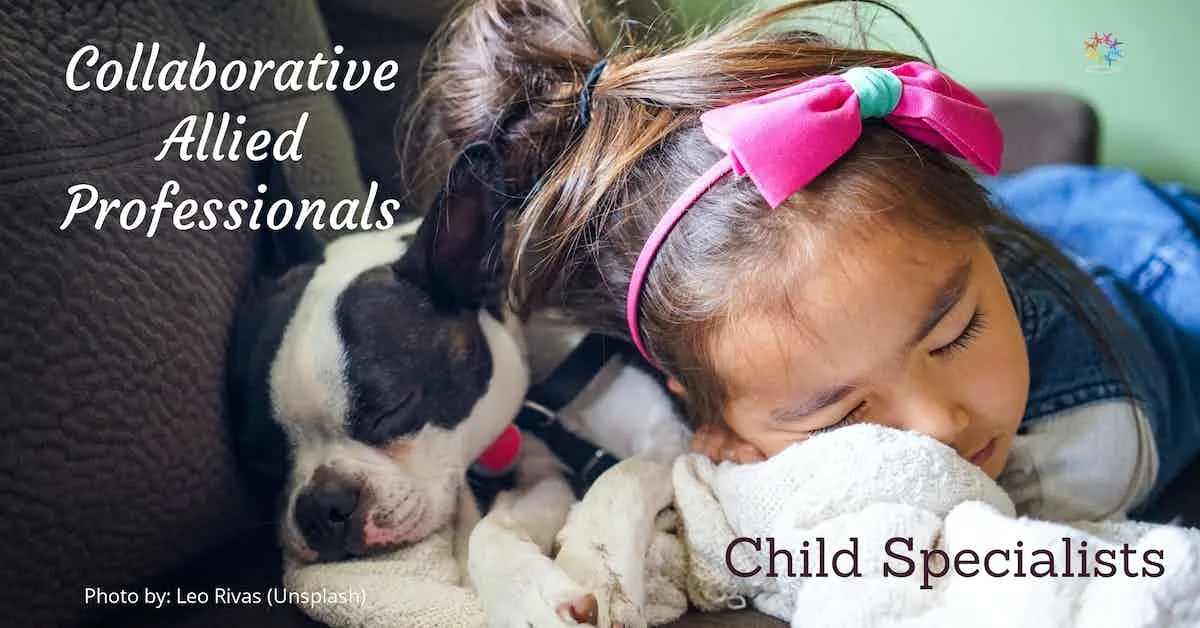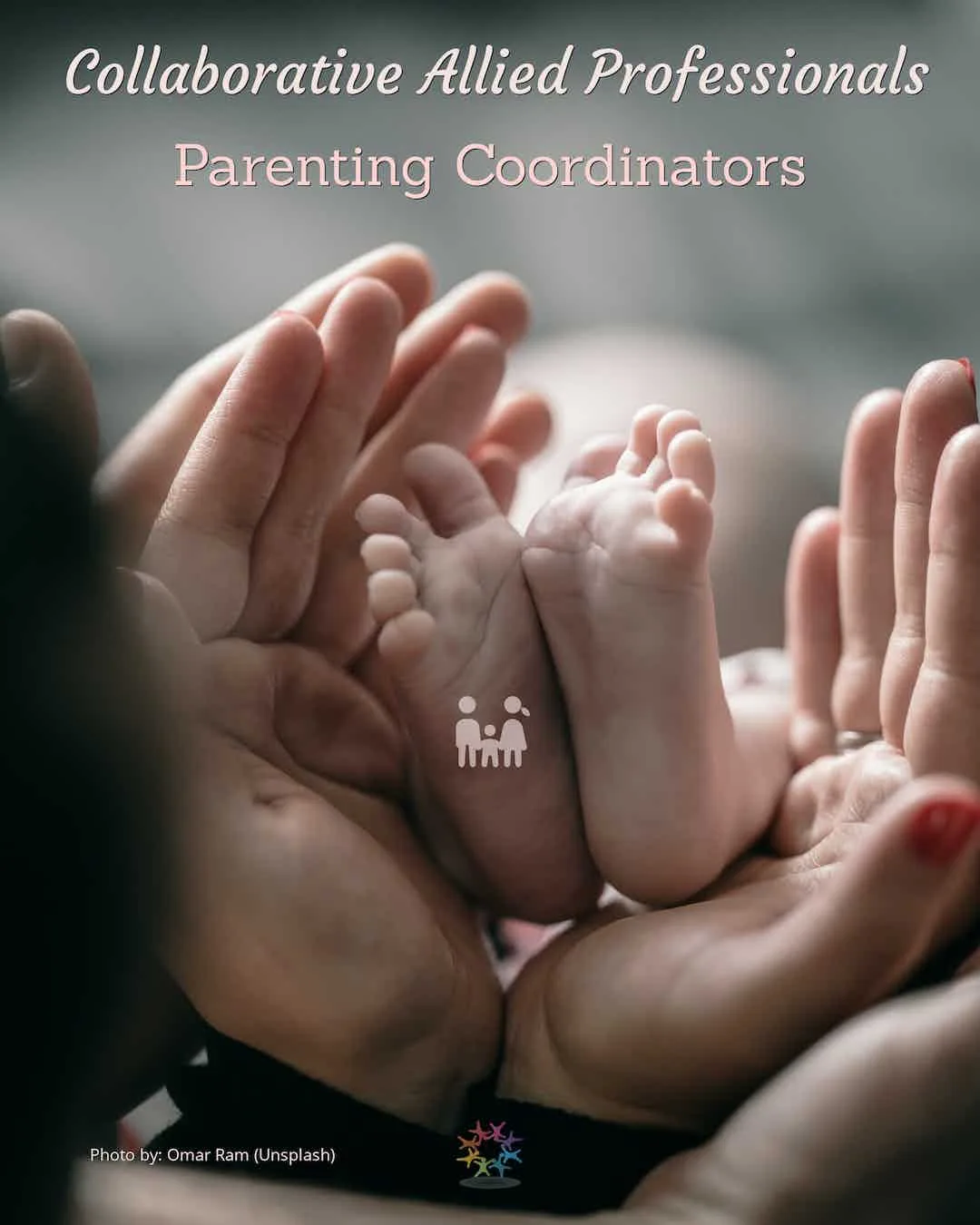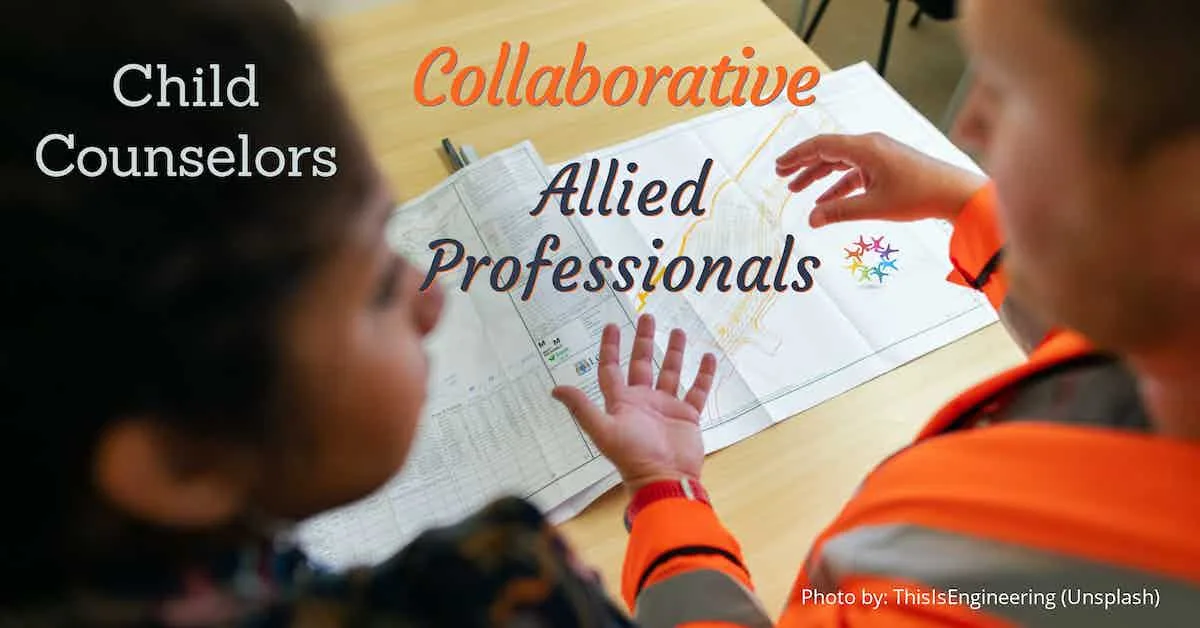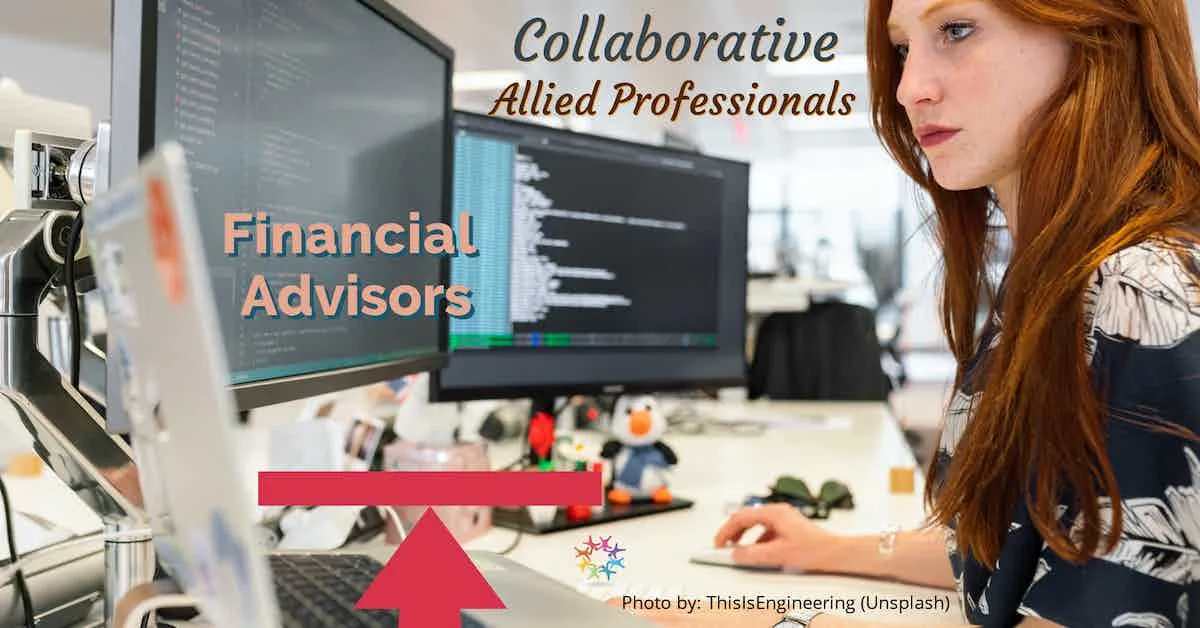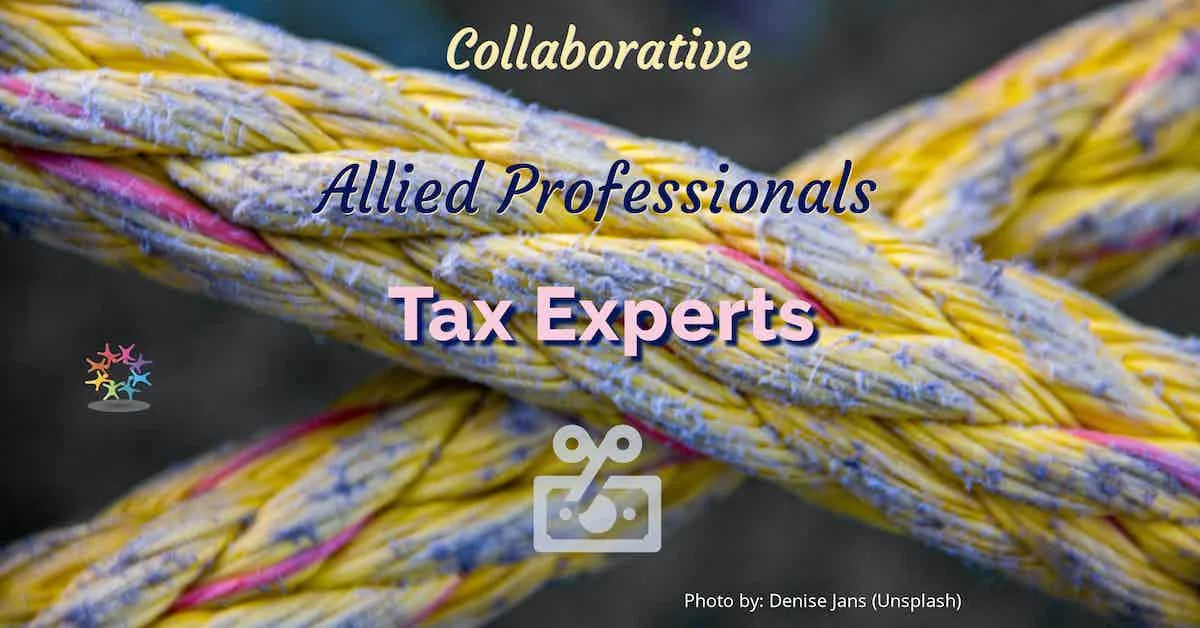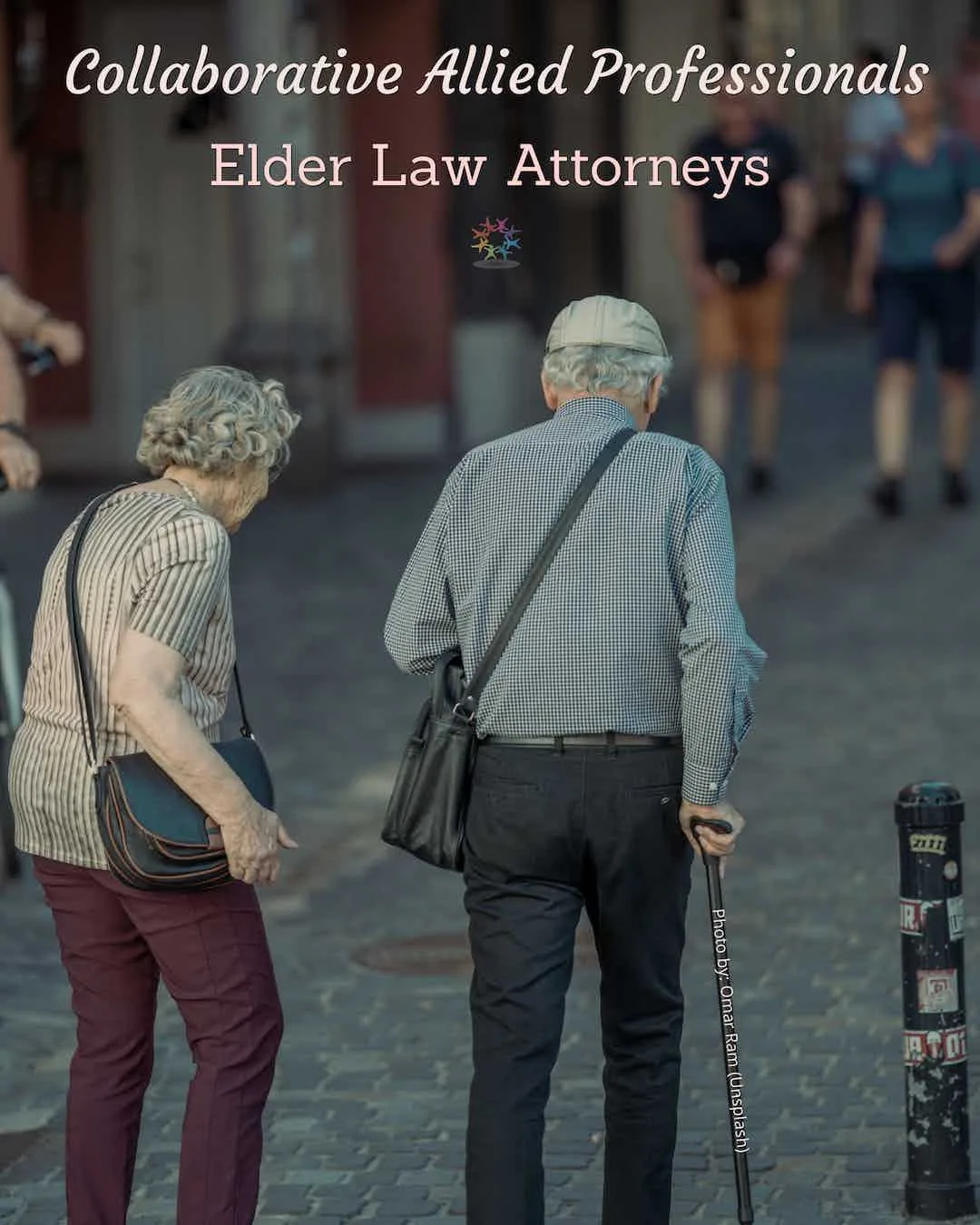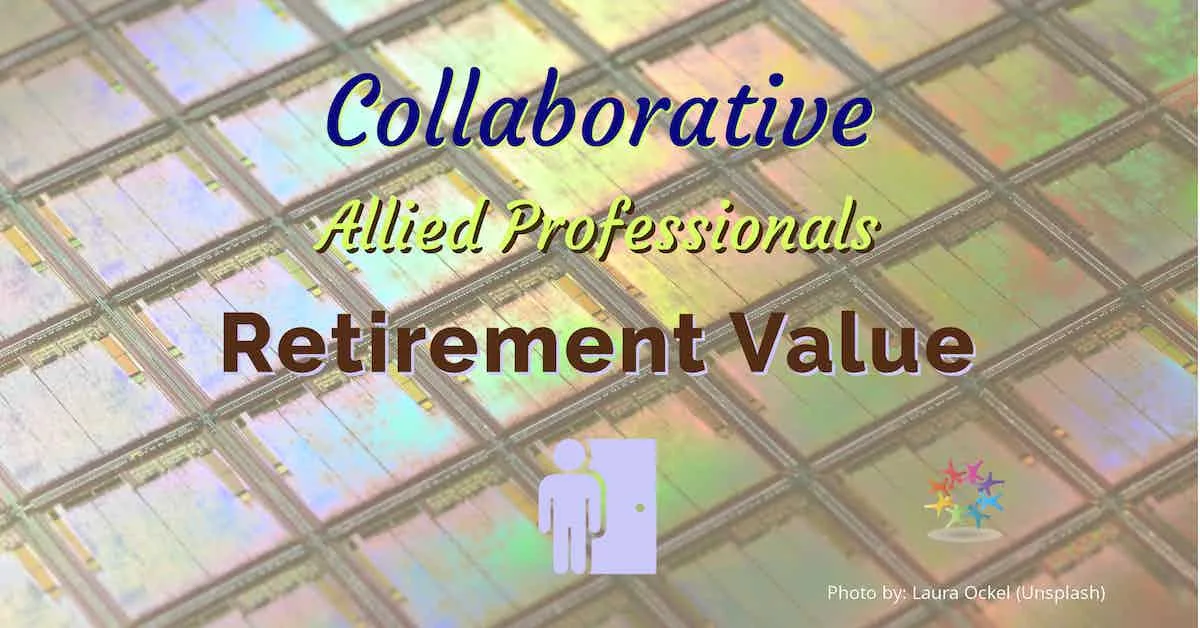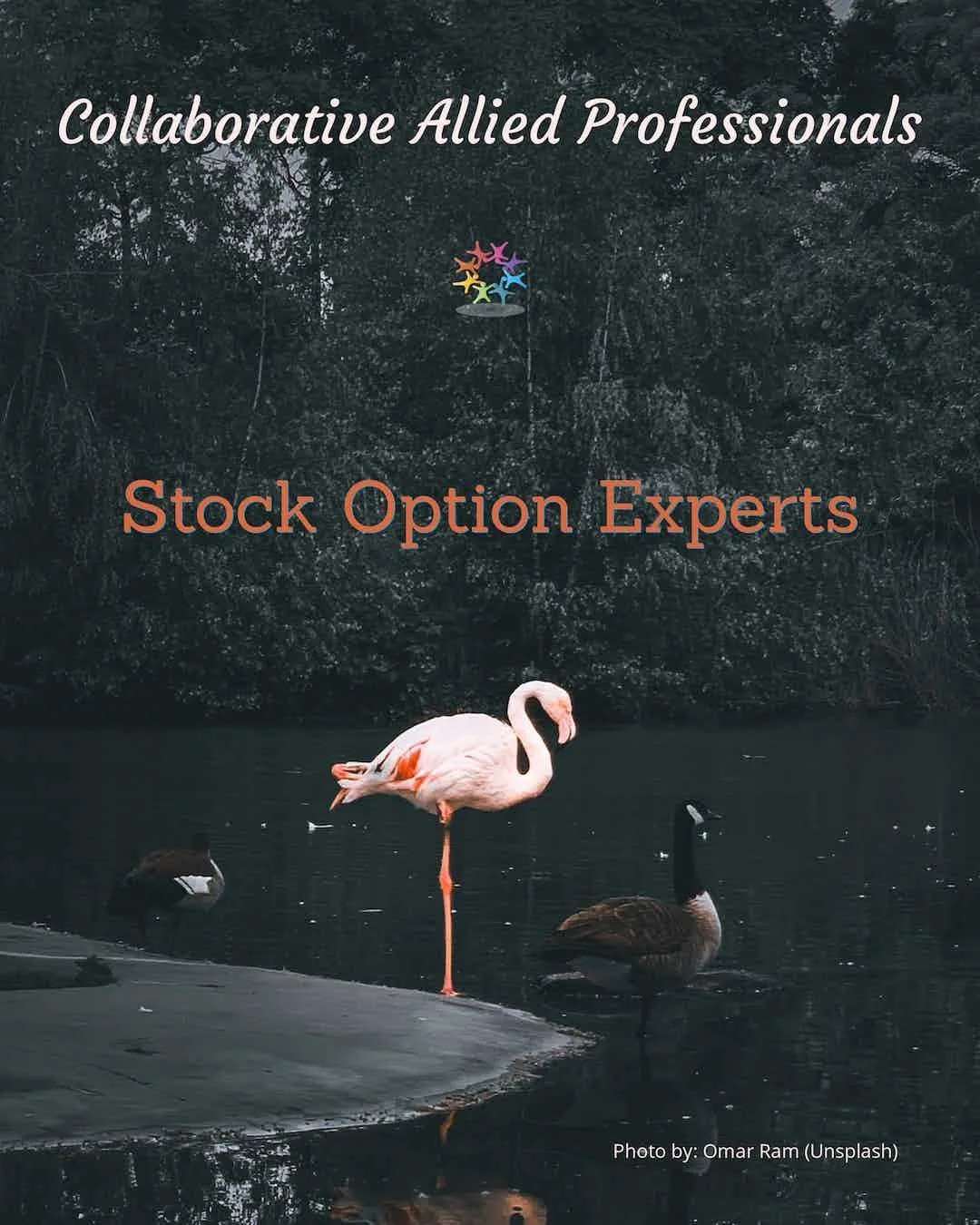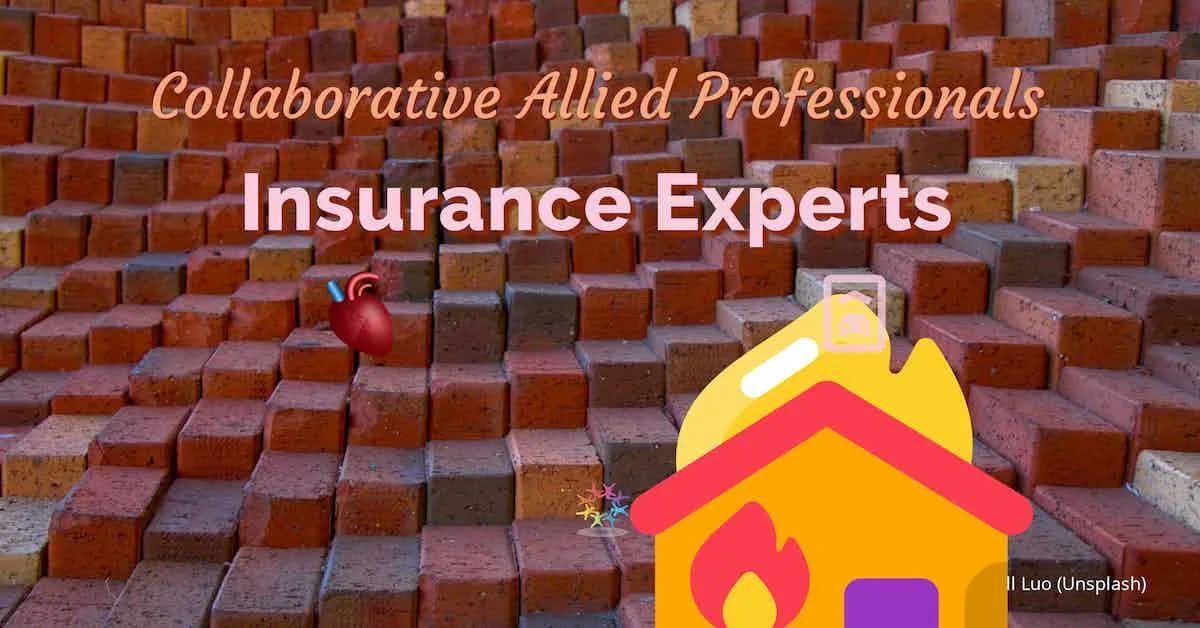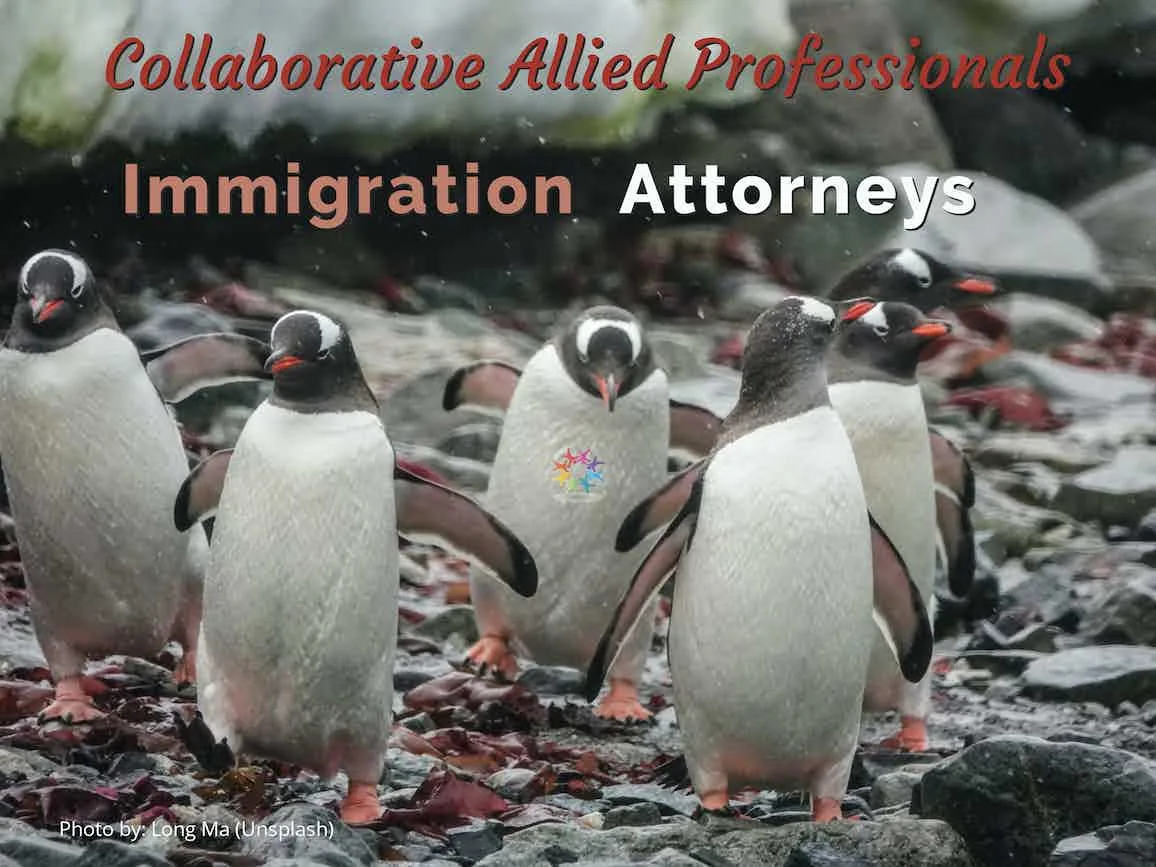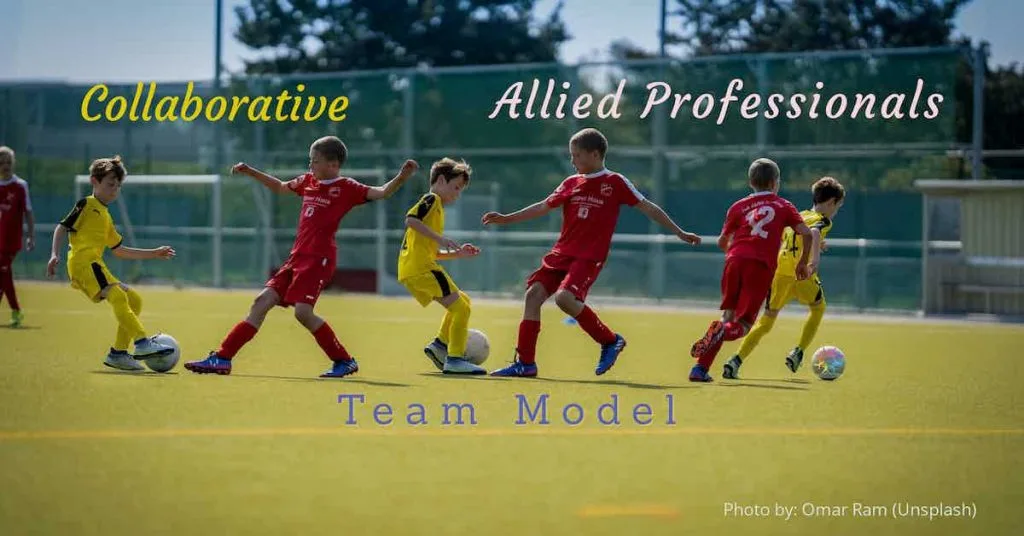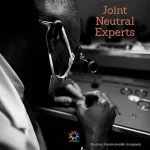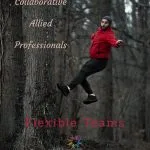Footnotes
Regarding professionals other than the clients and collaborative attorneys, Florida Supreme Court Approved Florida Family Law Rules of Procedure Form 12.985(b)(2) (Collaborative Participation Agreement), Section III.C provides: "[T]here may be a role for one or more professionals who will not be full participants in the process, an individual consultant, such as an appraiser, business valuation specialist or other expert who may be neutral or may be engaged to assist only one of the Clients." Available at: https://www.flcourts.gov/content/download/691100/file_pdf/985b2-10-20.pdf?inLanguage=eng-US&version=6.
- William Shakespeare, Romeo and Juliet, Act II, Scene II. "A rose by any other name would smell as sweet." Available at: https://en.wikipedia.org/wiki/A_rose_by_any_other_name_would_smell_as_sweet
- International Academy of Collaborative Professionals, Minimum Ethical Standards for Collaborative Professionals, Standard 1.2 D. (Competence) states, "Collaborative Professionals will respect the expertise, skill and experience of other members of the professional team. Collaborative Professionals will not provide services for which they are not qualified by education, training or experience. Collaborative Professionals will be mindful of the clients' individual circumstances and the overall circumstances of the matter that may require others to be on the Collaborative Professional team or be involved as consultants.
- Christen C. Ritchey, Using an Allied Professional in a Collaborative Matter, Choose Collaborative – South Palm Beach County Collaborative Law Group blog (October 7, 2020), available at: https://choosecollaborative.com/using-an-allied-professional-in-a-collaborative-matter. The article discusses successful use of a corporate attorney as a neutral joint Allied Professional who prepared corporate documents to protect a divorcing couple, their closely-held family business, and their children's interests.
- The American Heritage Dictionary of the English Language, Fifth Edition, HarperCollins Publishers. Available at https://www.ahdictionary.com/word/search.html?q=allied&submit.x=0&submit.y=0.
- Pauline H. Tesler, Collaborative Family Law, the New Lawyer, and Deep Resolution of Divorce-Related Conflicts, 2008 J. Disp. Resol. 83, 116 (2008) Available at https://scholarship.law.missouri.edu/jdr/vol2008/iss1/7.
- Id.
- Florida Academy of Collaborative Professionals, The Value of Allied Professionals in the Collaborative Process, webinar presented on January 15, 2021, available on YouTube at https://sampsoncollaborativelaw.com/include-allied-professionals-in-the-collaborative-process.
- Sherrie R. Abney, The Evolution of Civil Collaborative Law, 15 Tex. Wesleyan L. Rev. 495, 512-13 & n. 9 (2009). Available at https://doi.org/10.37419/TWLR.V15.I3.1.
- Pauline H. Tesler, Collaborative Family Law, the New Lawyer, and Deep Resolution of Divorce-Related Conflicts, 2008 J. Disp. Resol. Article 7, 83, 92 & n. 23 (2008). Available at: https://scholarship.law.missouri.edu/jdr/vol2008/iss1/7; Pauline H. Tesler and Peggy Thompson, Collaborative Divorce: The Revolutionary New Way to Restructure Your Family, Resolve Legal Issues, and Move on with Your Life (2008). Available at: http://www.kmfamilylaw.com/wp-content/uploads/2015/06/CollaborativeDivorce.pdf; Anjela A. Shutts, The Help: The Addition of Third Party Neutrals for Collaborative Divorce Practices, Drake Law Review Discourse, 101, 103-04 (Feb 2017) Available at: https://lawreviewdrake.files.wordpress.com/2015/01/shutts-online-final-edit-ready-for-upload.pdf; Pauline H. Tesler, Goodbye Homo Economicus: Cognitive Dissonance, Brain Science, and Highly Effective Collaborative Practice, Hofstra Law Review: Vol. 38: Iss. 2, Article 7, 635, 656-57 (2009). Available at: https://scholarlycommons.law.hofstra.edu/hlr/vol38/iss2/7
- Stu Webb, Collaborative Law: A Practitioner’s Perspective on Its History and Current Practice, 21 J. AM. ACAD. MATRIMONIAL LAW. 155, 165 & n. 33 (2008); Springfield Collaborative Divorce, The North Carolina Guide to Collaborative Divorce Proceedings, at 9 (2012), Available at: https://springfieldcollaborativedivorce.com/The-NC-Guide-to-Collaborative-Divorce-WEB-VERSION.pdf; Hei Yu Wong, infra n. 15 at 34; Shutts, supra n. 12 at 106; Tesler, Collaborative Family Law, the New Lawyer, and Deep Resolution of Divorce-Related Conflicts, supra n. 12 at 92-93 & n. 23.
- Sherrie R. Abney, The Evolution of Civil Collaborative Law, 15 Tex. Wesleyan L. Rev. 495, 512 & n. 9 (2009). Available at: https://doi.org/10.37419/TWLR.V15.I3.1.
- Hei Yu Wong, The Safeguarding of Children's Rights through Collaborative Practice in Resolving Disputes After Parental Separation, Leiden University Faculty of Law 2017-2018, version 22 09 2018 at 23-24. Available at: https://www.universiteitleiden.nl/binaries/content/assets/rechtsgeleerdheid/instituut-voor-privaatrecht/jeugdrecht/jr-thesis-h.y.-wong-thesis-for-jaap-doek-prize.pdf
- P. Oswin Chrisman, Gay G. Cox, and Petra Novotna, Collaborative Practice Mediation: Are We Ready to Serve this Emerging Market, 6 Pepperdine Dispute Resolution L.J. Iss. 3, at 457 (2006) Available at: https://digitalcommons.pepperdine.edu/drlj/vol6/iss3/4.
- Id. at 452 & n. 8 (2006).
- Global Collaborative Law Council, Protocols of Practice for Collaborative Lawyers, Definitions, Section 1.01(d) and 1.01(e) (2004; last revised November 2010). See also Chapter 10 (Retained Experts) and Chapter 11 (Consulting-Only Experts). Available at: https://sampsoncollaborativelaw.com/wp-content/uploads/2025/08/Global-Collaborative-Law-Council-Protocols-of-Collaborative-Practice-Revd-2010.pdf.
- See, e.g., TEX. FAM. CODE sec. 15.101. Texas law requires, unless parties agree otherwise in writing, a collaborative family law participation agreement to include provisions for "jointly engaging any professionals, experts, or advisors serving in a neutral capacity." Tennessee's Rules of the Supreme Court, Rule 53 (b)(2), has identical language.
- The Collaborative Family Law Group of Central Florida, has in its example Collaborative Participation Agreement:
Allied Professionals ("allied professionals") are professionals who may help the collaborative team, one, or both of us to understand specialized issues. Allied professionals may guide the team with appraisals, property valuation, financial advice, insurance, education issues, special needs issues, estate planning, or other matters, and may help us develop options and solutions. If an allied professional is needed, we will engage the allied professional individually (with notice to the team) or jointly.
Prior to providing services in the Collaborative Process, an allied professional must sign an Acknowledgement and Agreement to be Bound by the confidentiality provisions of this Collaborative Participation Agreement.
Unless the team and allied professional agree otherwise in writing, the allied professional is disqualified from testifying as a witness, expert or otherwise, and the allied professional's written or oral communications are inadmissible in any judicial proceeding. After the Collaborative Process concludes, allied professionals may continue to provide services by separate engagement agreement. - Global Collaborative Law Council, Protocols of Practice for Collaborative Lawyers, supra n. 14.
- Florida Academy of Collaborative Professionals webinar, supra n. 9, comments by Florida Allied Professional Matthew Bartolomei.
- Florida Supreme Court Approved Florida Family Law Rules of Procedure Form 12.985(b)(2) (Collaborative Participation Agreement), Section III.C. provides: "An attorney individual consultant with whom a Client consults during the Collaborative Law Process is considered to be an adjunct Collaborative attorney subject to the disqualification provisions of this Agreement." Available at: https://www.flcourts.gov/content/download/691100/file_pdf/985b2-10-20.pdf?inLanguage=eng-US&version=6.
- International Academy of Collaborative Professionals, Minimum Ethical Standards for Collaborative Professionals, Standard 1.2 D. (Competence).
- National Conference of Commissioners on Uniform State Laws, Uniform Collaborative Law Rules, Rule 2(1) (Definition of "collaborative law communication"), Rule 16 (Confidentiality of Collaborative Law Communication) and Rule 17 (Privilege Against Disclosure for Collaborative Law Communication) and Uniform Collaborative Law Act, Section 2(1) (Definition of "collaborative law communication"), Section 16 (Confidentiality of Collaborative Law Communication) and 17 (Privilege Against Disclosure for Collaborative Law Communication) (2010). Available at: https://www.uniformlaws.org/HigherLogic/System/DownloadDocumentFile.ashx?DocumentFileKey=7909f22c-dc22-ac59-53ba-53462258cadc&forceDialog=1.







